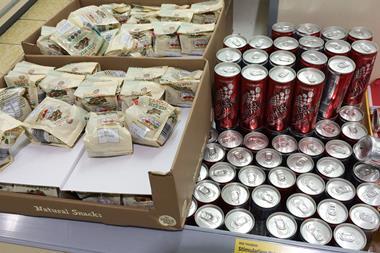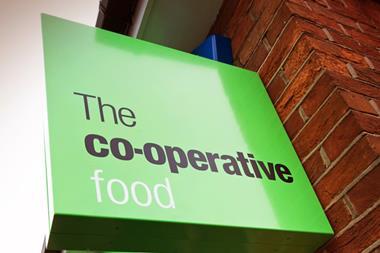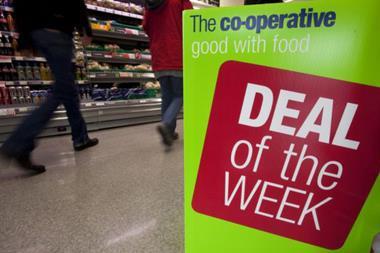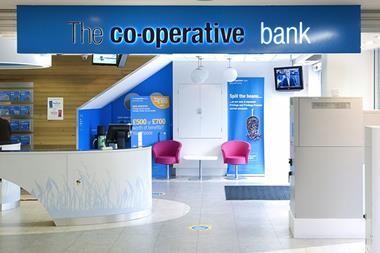UK consumer price inflation in July was 2.8%, with food inflation just higher than that. General inflation was mainly held down by drops in recreation and culture (last-minute holidays) and clothes and footwear.
When wages are held back, as now, seemingly small rises in inflation are significant. So politicians’ relief at the economy supposedly getting back on track are premature. Car sales and first-buy house sales might be up, but on the food side the squeeze remains.
From a health point of view, inflation exacerbates the split between affluent and low-income consumers. The UK already has a dreadful, unequal burden of diet-related disease. Food is a factor, as a flexible item in household budgets. People on low incomes cut back and eat badly to make ends meet.
“Cheap food is taking precedence over decent living wages”
There’s also the little matter of wages. New Resolution Foundation research shows the UK workforce now split. While many people on salaries enjoy good money and conditions, below them sits a growing army of the underpaid: 4.8 million workers today don’t earn a living wage (£8.45 per hour in London, £7.45 outside), up from 3.4 million in 2009.
The rise of zero-hours contracts creates insecurity, worsened where rents are high, as in London. ONS data shows average wages before bonuses (which the poor don’t get) have risen a mere 1.1% year-on-year. Meanwhile, of £24bn paid in bonuses last year, a third went to the financial sector alone.
Where is the food industry in all this? Not immune, as the zero-hours strike rumblings at Premier Foods’ Hovis plant in Wigan show. Food is a sector famous for low wages.
That’s why the Co-operative movement founded the Union of Shopworkers in 1891. And why farmworkers founded their union in 1906. Today, they’re in decline, and the public over-eats in ignorance.
Despite unprecedented wealth in society, we see the old British policy disease of political support for cheap food taking precedence over decent living wages. When will we learn that a good food culture requires good wages and that good food may be cheap but can conceal discontentment?
Tim Lang is professor of food policy at City University, London



















No comments yet